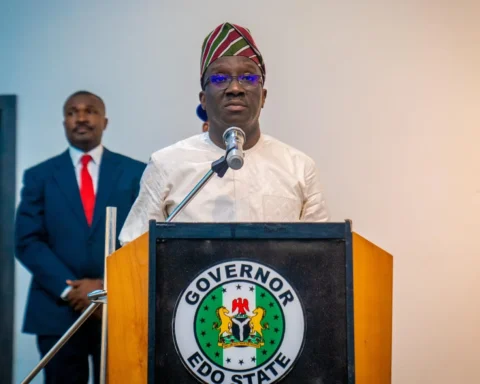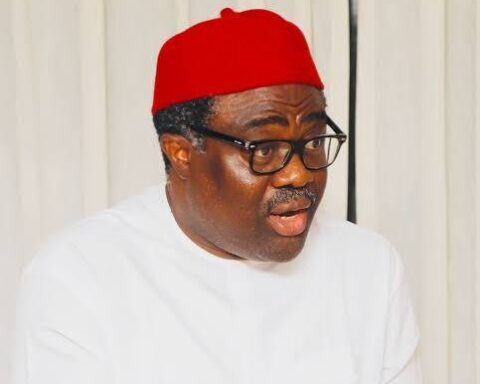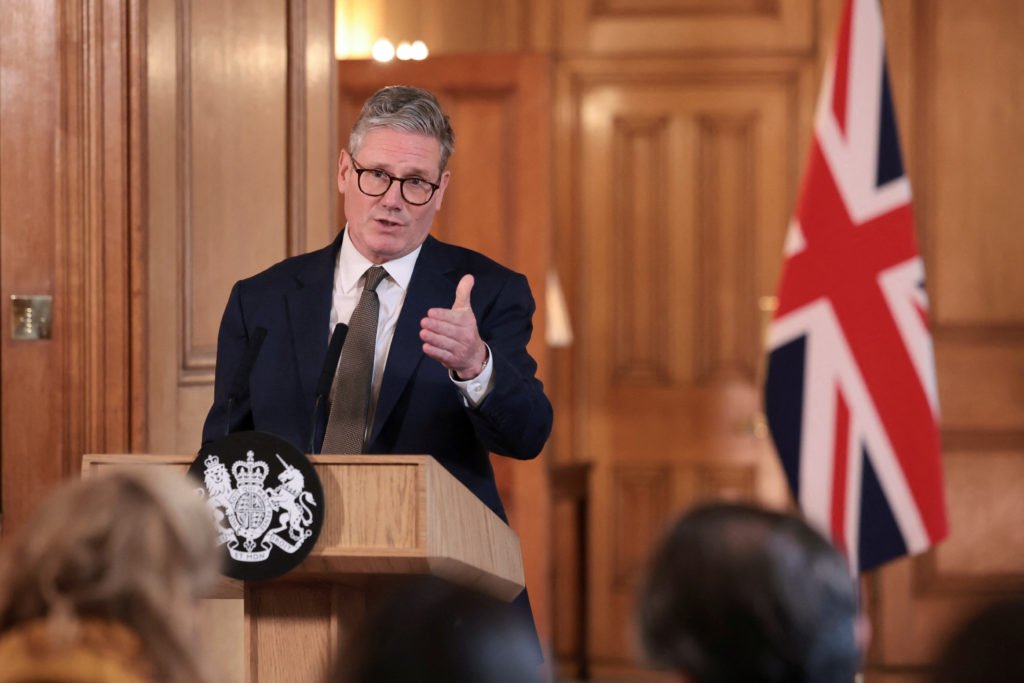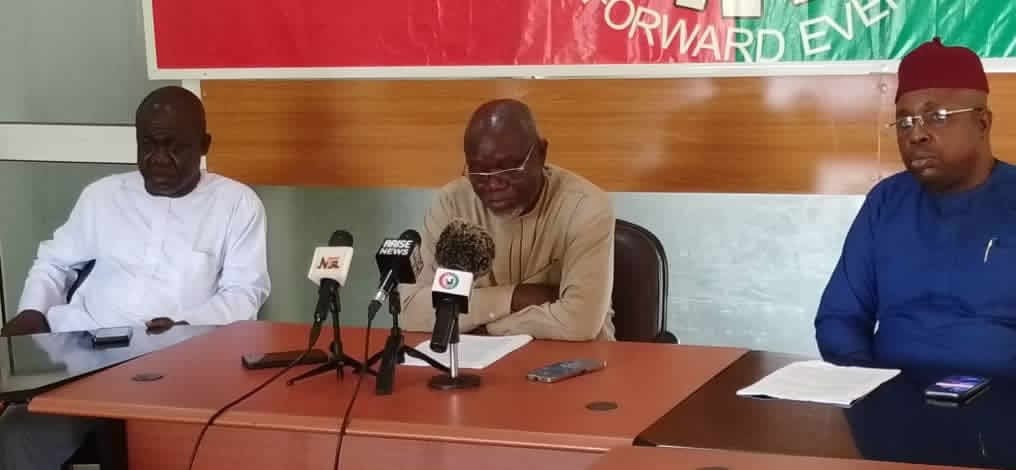Former President Olusegun Obasanjo has asserted that Nigeria’s challenges are not rooted in the 1999 Constitution itself, but rather in the way it is interpreted, implemented, and manipulated by those entrusted with power.
Obasanjo made the statement while speaking at a high-level public lecture in Abeokuta on Tuesday, where stakeholders from across the country gathered to discuss governance, constitutional reforms, and the future of Nigeria’s democracy.
In his speech titled “Strengthening Nigeria’s Democracy for Sustainable Development,” the former president said:
>There is nothing fundamentally wrong with the Nigerian constitution that good and committed leaders cannot make work. The problem has always been with the operators — those who twist and abuse the system for personal or sectional gain.”
He noted that while the constitution may have its imperfections, a well-meaning leadership could still use it to build a just and functional society.
>We often blame the constitution for our failures, but the truth is, even the best-written document will fail in the hands of self-serving individuals,” he added.
Obasanjo, who served as both military head of state and two-term civilian president, emphasized that integrity, accountability, and patriotism are more important than legal texts in delivering good governance.
He said Nigeria has suffered from a recurring pattern of leaders who see public office as a personal enterprise rather than a public trust, and warned that no constitutional amendment would yield results without a change in political attitude.
>You can amend the constitution 20 times — if the mindset of the leaders remains corrupt, divisive, and selfish, Nigeria will still remain in crisis,” Obasanjo stated.
His comments come amid renewed calls from various quarters to overhaul Nigeria’s 1999 Constitution, which critics say centralizes too much power at the federal level and does not reflect the country’s diverse structure.
However, Obasanjo’s perspective suggests that even with a flawed constitution, progress is still possible — if the right people are in charge.
Political analysts described his position as “pragmatic,” with some noting that the former president’s own tenure saw both the strengths and limitations of Nigeria’s legal framework put to test.
In a direct message to Nigerian youth, Obasanjo urged them not to be discouraged by the failures of past leaders, but to rise to the challenge of ethical leadership and civic responsibility.
>You are not too young to run — but you are too important to be indifferent. Step forward. Lead with purpose, not just ambition,” he charged.
Olusegun Obasanjo’s message is as timely as it is sobering: Nigeria’s salvation will not come from new constitutions alone, but from new attitudes, accountable leadership, and a collective resolve to uphold the values of justice, equity, and service.
The constitution is not the enemy. The enemy is how we use it — or misuse it.”



























